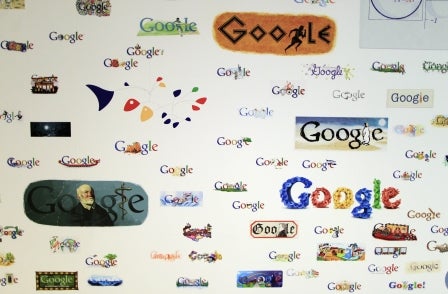
Associated Press has won its US case against the media monitoring firm Meltwater, after accusing the company of unlawfully using headlines and excerpts without paying for them.
The Register reports federal judge Denise Cote ruled that Meltwater had gained "an unfair commercial advantage" over rival aggregation services by taking content without a licence.
Meltwater, which said it will appeal the judgment, had argued AP's content was subject to fair use. It had previously argued that the large volumes of traffic generated for content providers by news aggregators mitigated against licensing issues.
But the judge said the actions were an infringement of the US Copyright Act, and that not ruling against the firm would be "permitting Meltwater to take the fruit of AP's labor for its own profit, without compensating AP".
In a statement, AP president and CEO Gary Pruitt said: "This ruling makes it crystal clear that Meltwater wrongly used news content from AP to create its own content, while paying none of the costs associated with creating original news content."
Forbes suggests the ruling could have implications for other aggregation services, such as Google News.
In 2012, after a UK Copyright Tribunal case, Meltwater agreed to pay the Newspaper Licensing Agency for the right to use UK newspapers' content.
The outcome of a further UK Supreme Court case brought by Meltwater against the NLA on the question of whether or not Meltwater's activities can be defined as 'temporary copying', which is protected under the Copyright, Designs and Patents Act, is currently awaiting a final ruling.
The NLA has argued the temporary copying defence only applies to internet service providers and intermediaries who facilitate the transfer of content, rather than commercial services. Meltwater and the Public Relations Consultants Association have insisted the exemption covers all forms of internet browsing, including commercial use.
Email pged@pressgazette.co.uk to point out mistakes, provide story tips or send in a letter for publication on our "Letters Page" blog
